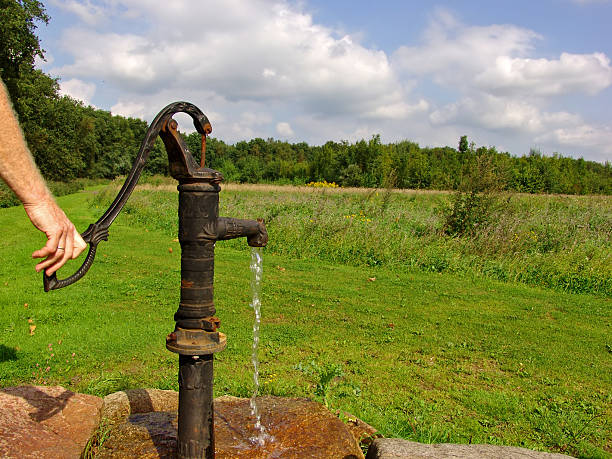Importance of Well Water Treatment
Here at One Eight Filtration, we believe that correct well water treatment is of paramount importance for a variety of reasons, as untreated well water can contain various contaminants that pose risks to both human health and the environment. Here are some key reasons highlighting the importance of proper well water treatment:
- Health and Safety: Well water can be contaminated with harmful microorganisms such as bacteria, viruses, and parasites that cause waterborne illnesses like gastrointestinal infections, cholera, and other diseases. Treating well water effectively eliminates these pathogens, ensuring that the water is safe for consumption.
- Chemical Contaminants: Well water can also contain chemical contaminants, such as heavy metals (e.g., lead, arsenic), pesticides, herbicides, industrial pollutants, and volatile organic compounds. Exposure to these chemicals can lead to various health issues, including developmental problems, organ damage, and even cancer. Proper treatment helps remove or reduce these hazardous substances.
- Aesthetic Quality: Well water may have undesirable taste, odor, or appearance due to the presence of minerals, sediments, and other impurities. Treating the water can improve its aesthetics, making it more appealing for drinking and household use.
- Preventing Scale Buildup: Untreated well water with high mineral content can lead to scale buildup in plumbing fixtures, appliances, and pipes. This can reduce water flow, decrease appliance efficiency, and increase maintenance costs.
- Protecting Plumbing and Appliances: Contaminants in well water can corrode pipes and damage household appliances over time. Proper treatment can help prevent premature deterioration of plumbing and appliances, extending their lifespan.
- Avoiding Environmental Contamination: Contaminated well water can also negatively impact the environment if released back into the soil or nearby water bodies. Chemicals, pathogens, and other contaminants can harm aquatic life, soil quality, and local ecosystems.
- Legal and Regulatory Compliance: Depending on your location, there might be legal regulations and guidelines concerning well water quality and treatment. Complying with these regulations is not only a legal obligation but also ensures the safety and well-being of the community.
- Peace of Mind: Knowing that your well water is properly treated and safe to use provides peace of mind for you and your family. You won’t need to worry about potential health risks associated with untreated water.
- Long-Term Savings: While there is an initial cost associated with setting up and maintaining well water treatment systems, these expenses can save you money in the long run by preventing health-related expenses, damage to plumbing, and the need for costly repairs.
- Customization: Proper well water treatment allows you to tailor the treatment process to address specific contaminants and water quality issues that are unique to your well. This ensures that your treatment strategy is effective and efficient.
To determine the appropriate well water treatment approach for your specific situation, it’s essential to conduct water testing to identify contaminants and assess water quality. Based on the results, you can then select the most suitable treatment methods, such as filtration, disinfection, and reverse osmosis, to ensure that your well water is safe, clean, and suitable for its intended uses.
If you wish to discuss your water treatment requirement, please do not hesitate to contact us.



















